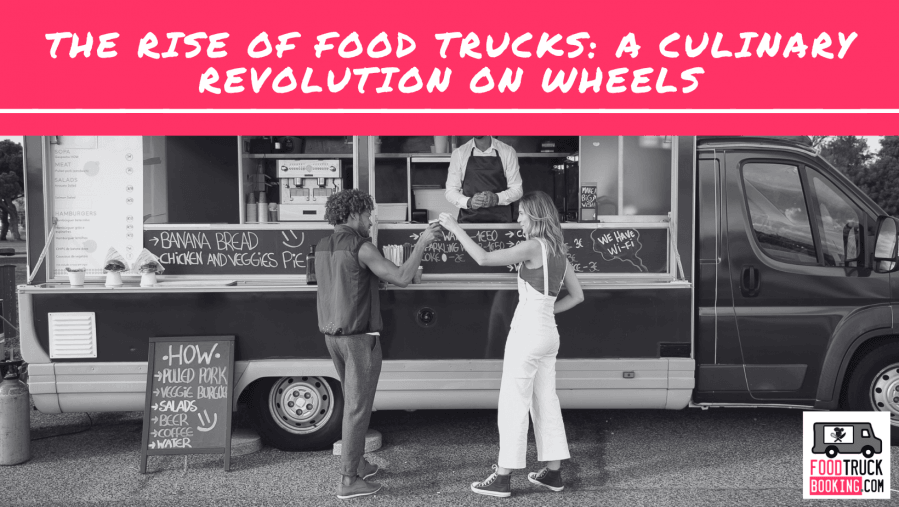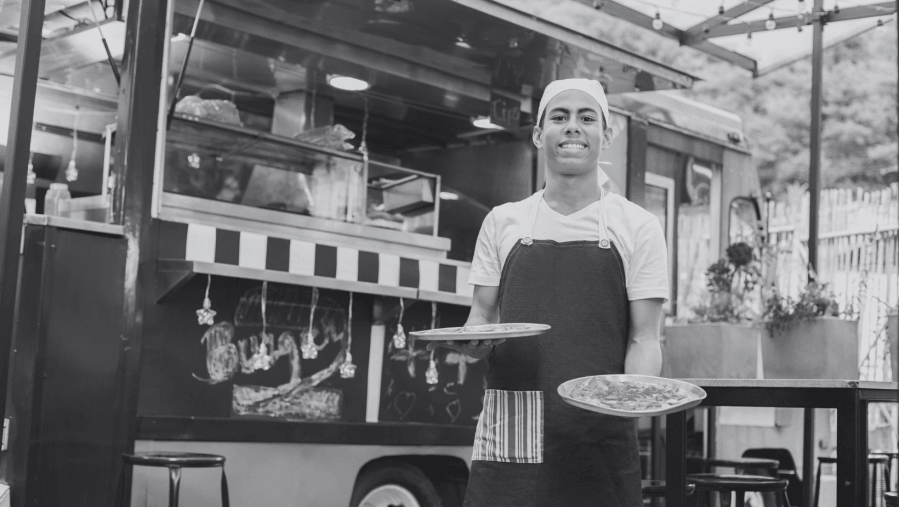The Rise of Food Trucks: A Culinary Revolution on Wheels
Posted on 10/29/2023 by FTB
Food Trucks have evolved from humble beginnings to become a formidable force in the culinary world. Today, they dot city streets, offering gastronomic delights ranging from traditional street food to gourmet dishes. The story of their rise is one of ingenuity, entrepreneurial spirit, and an ever-evolving taste palate of the public.
The history of mobile food vending can be traced back to ancient civilizations. In the U.S., the precursor to the modern Food Truck were chuck wagons. In the late 1800s, these wagons served up simple meals to cowhands and pioneers in the West. Fast forward to the early 20th century, and pushcarts were serving busy urban workers in major American cities. These carts mainly offered quick, affordable lunches, setting the stage for the Food Truck culture to come.





